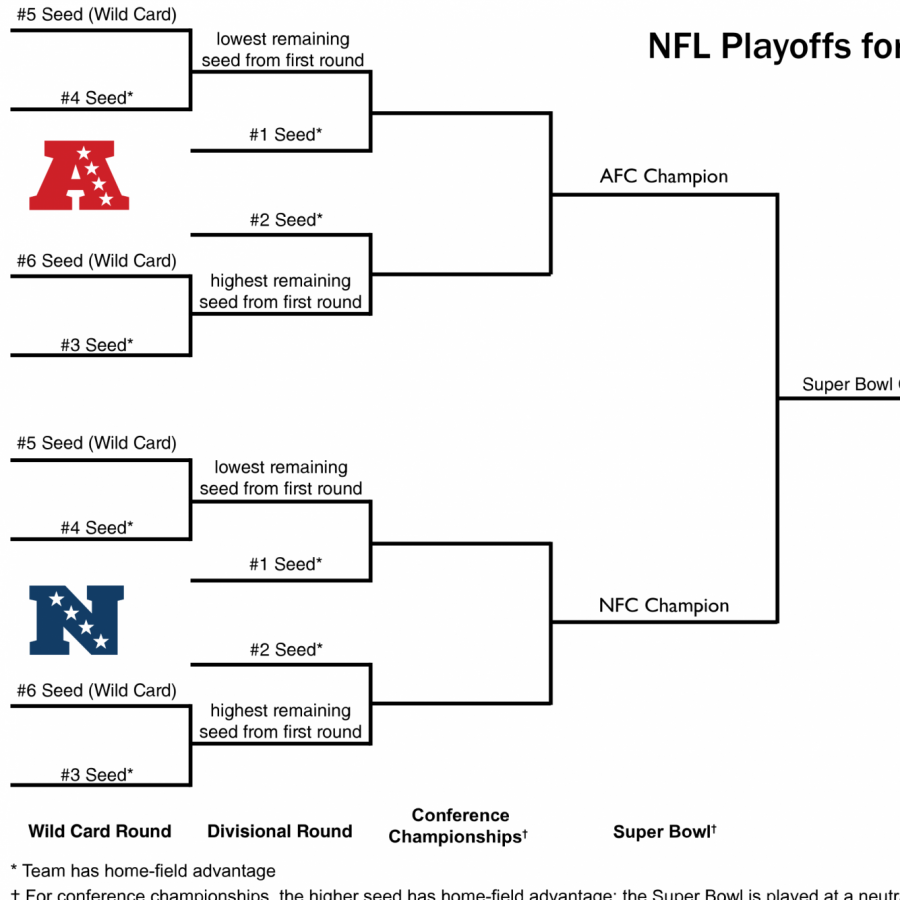On Monday, the Supreme Court paved the way for states to legalize sports betting after striking down a law from 1992 that had largely prohibited sports betting in most states in the country.
The court ruled 6-3 in favor of the motion, which constitutes a big victory for many states that have desired to allow sports betting to increase tourism and tax revenue.
The Supreme Court stated that the previous federal law had overreached in controlling state policy and that forcing states to prohibit sports betting was unconstitutional under federal law. Justice Samuel Alito said as much in his statement following the court decision. “The legalization of sports gambling requires an important policy choice, but the choice is not ours to make. Congress can regulate sports gambling directly, but if it elects not to do so, each state is free to act on its own.”
Stock prices of gambling industries rose immediately after the ruling, and some stock such as Caesars Entertainment rose by as much as six percent. Many sports leagues offered cautious remarks on the new rule, but will undoubtedly make steps towards the gambling scene. The NBA commissioner Adam Silver had already spoken about involving the NBA in sports betting, and this ruling furthers his efforts.
NBA owners also embraced the decision wholeheartedly. Ted Leonsis, owner of the Washington Wizards as well as the WNBA’s Washington Mystics spoke at length about the decision in a blog post. “It brings a multibillion dollar industry out of the shadows and into the sunlight, where its integrity can be guaranteed and consumers can be better protected. I think that the increased transparency that will accompany more legalized betting around the country will only further protect against potential corruption.”
Sports betting will occur regardless of its legality; by revoking the previous law, states will now have the ability to more readily monitor the betting process and ensure safety and fairness for those involved.
Geoff Freeman, the CEO of the American Gaming association summed up the sentiments many feel in his statement immediately following the court’s ruling. “Today’s ruling makes it possible for states and sovereign tribal nations to give Americans what they want; an open, transparent, and responsible market for sports betting. Through smart, efficient regulation this new market will protect consumers, preserve the integrity of the games we love, empower law enforcement to fight illegal gambling, and generate new revenue for states, sporting bodies, broadcasters, and many others.”







